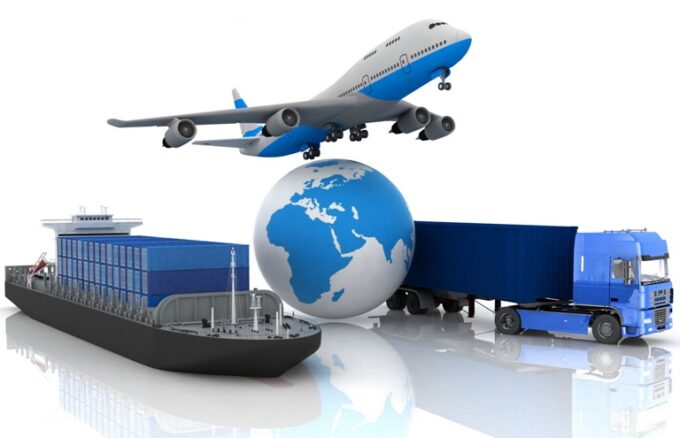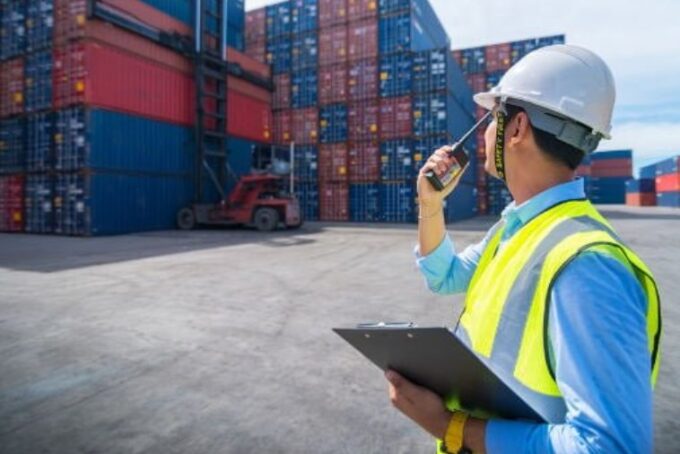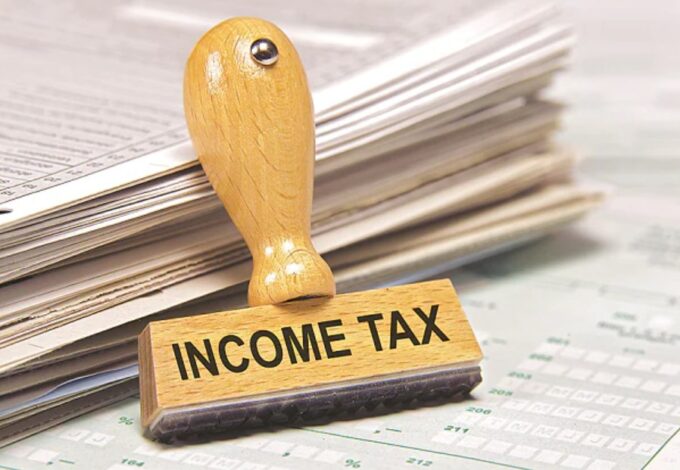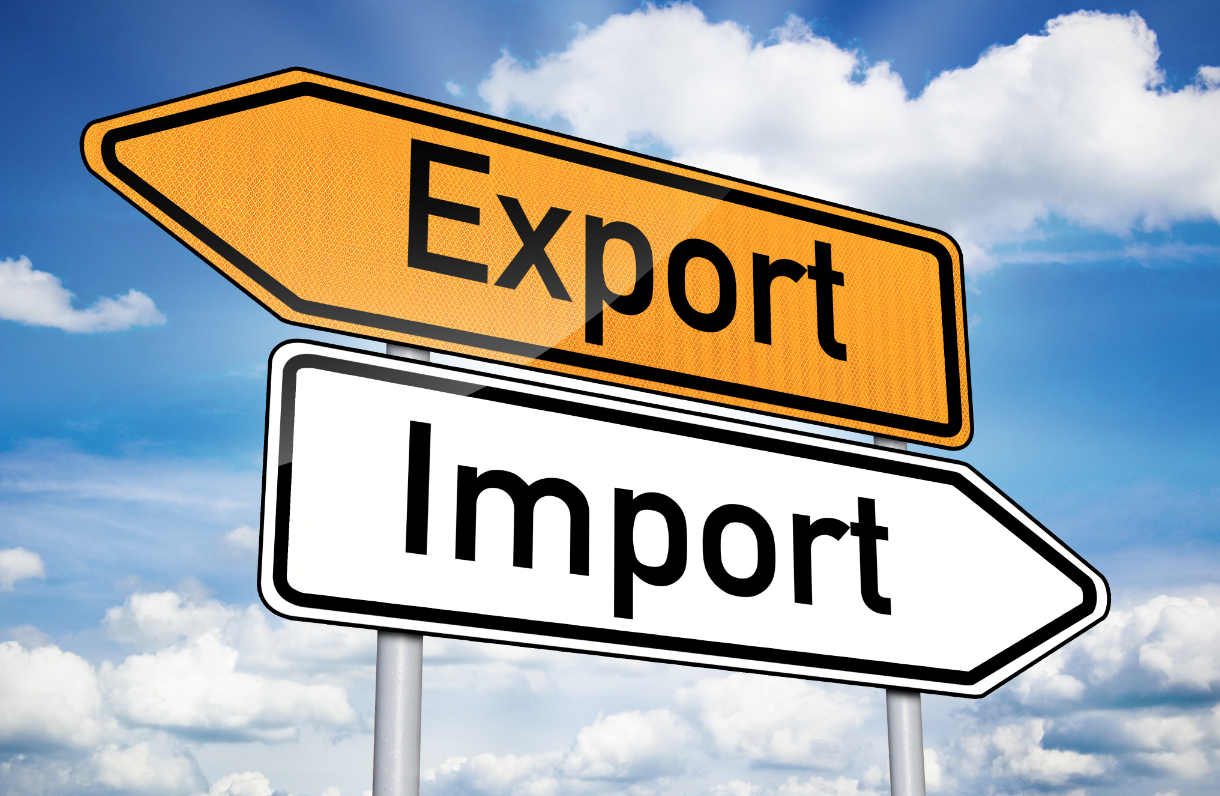New importers and exporters go through a range of first-time problems. Many of these issues can be avoided, while others are considered the growing pains of a fast-paced career. By familiarizing yourself with the industry, you will move more product but with a lot less problems.
1. Get Your Paperwork in Order
High-ranking customs broker Melbourne sources will always have their paperwork in order. This is one of those tips that seems obvious but is missed by a lot of new businesses. Among the many tips for new importers and exporters, paperwork should be the priority.
It’s tedious, overdone, and sometimes uses lawyer speak in the worst way possible. But paperwork will define your business pre-shipment and years after it is done. Without proper paperwork, you lose both time and money. And in some cases, lack of paperwork will get you some of the most ridiculous fines in the industry.
A good example of the importance of paperwork is how a license factors into your workload. There is no hard requirement to have a license in order to be an importer or exporter.
Now if you take this information and run with it, prepare to be disappointed. Although a license isn’t mandatory, there are certain agencies that require a certification, license or permit. If you plan to work around those agencies, then you’ll leave a lot of opportunities on the table.
2. Resources Are Abundant

Resources will become the lifeblood of your operation during the slow parts of the year. It’s not just material resources, but informational resources will be a boon to your business.
Check out wwcf.com.au for up-to-date details about importing and exporting. On the surface it may seem like common sense information, but there are a lot of valuable bits that first timers will miss on a single read.
Bookmark the website, and revisit it once a week for important information about the importing and exporting business. Even experienced businesses can get value from the website since it is an official authority.
New topics are added often, including important COVID-19 information that will affect your shipments. As you become more experienced, informational resources will continue to grow. Keep them close, organized and always revisit them when you have time.
3. Make A Plan
Another obvious tip that is easy to miss when you’re new. Before putting everything in motion, when is the last time you contacted the port of entry? You should make it a habit to contact the port of entry a day before departure. This ensures that all of your information is accurate and nothing has changed since the last communication.
This type of planning is vital when your imports are going through multiple ports. A single delay from misinformation could throw off your entire schedule. A port specialist is usually assigned to a specific commodity, so save their number for later contact.
If something goes wrong, this prevents you from having to jump through hoops to find the person that is in charge of your shipment. Be prepared to provide as much detail as possible when calling – it is not the job of the port specialist to fill in your blanks.
4. Keep Close Contacts

The port specialist is one of many numbers that should be kept on speed dial. One of the biggest failings of a new importer and exporter is not keeping close contacts. The friends you make in the business will become a huge part of how you move materials.
If you’re missing important papers, a close contact will inform you to prevent wasted time or a fine. In that same situation, an unknown contact may not put forth the effort to inform you of a problem.
These small situations add up, and that is why it becomes important to have contacts that know you on a first name basis. These contacts will share resources, many of which will be brand new to your company.
5. The Licensed Customs Broker Question
Resident importers and exporters are more likely to file entries on their own behalf. For those that are new to the business, a licensed customs broker should always be consulted.
A licensed customs broker protects both sides, and acts as a smooth transition until you are more familiar with the complicated nature of importing and exporting. Licensed customs brokers are not employees, but are qualified to conduct importing and exporting business in Australia.
The safest bet is to go with brokers that are endorsed by the Australian Border Force. If you choose to go with brokers on another list, ensure that their reviews are legitimate and that they are authorized for work in Australia.
6. Mandatory Filings

Pay attention to regular filings, and give extra attention to mandatory filings. Some filings are mandatory based on the type of shipment being processed. New rules that tack on additional carrier requirements are often outlined on the Australian Border Force website.
Unfortunately, ignorance of a law is not an excuse to ignore the rule. Failure to comply with mandatory filings will lead to delay of cargo, monetary penalties and increased inspections.
In short, pay attention to mandatory filings or it will cost you time and money. A licensed customs broker will always have up to date information to help prevent mandatory filings from taking you by surprise.
7. Quota Requirements
General quota information requires research on each and every trip. The requirements are subject to change, with harsh penalties for ignoring them in specific territories. Quota affects volume of goods and the type of commodity that can be transported.
Sometimes the requirements are specific, with restrictions attached to tariff-rate quotas. That means during a timed quota period, there is a reduced rate of duty. After meeting an agreed upon amount, there is a higher rate of duty for the same goods.
Avoid Potential Problems
There is no perfect way to handle import or export work. However, there is a right way that millions follow around the world. Stay within those boundaries while passing that knowledge onto the rest of the industry.









